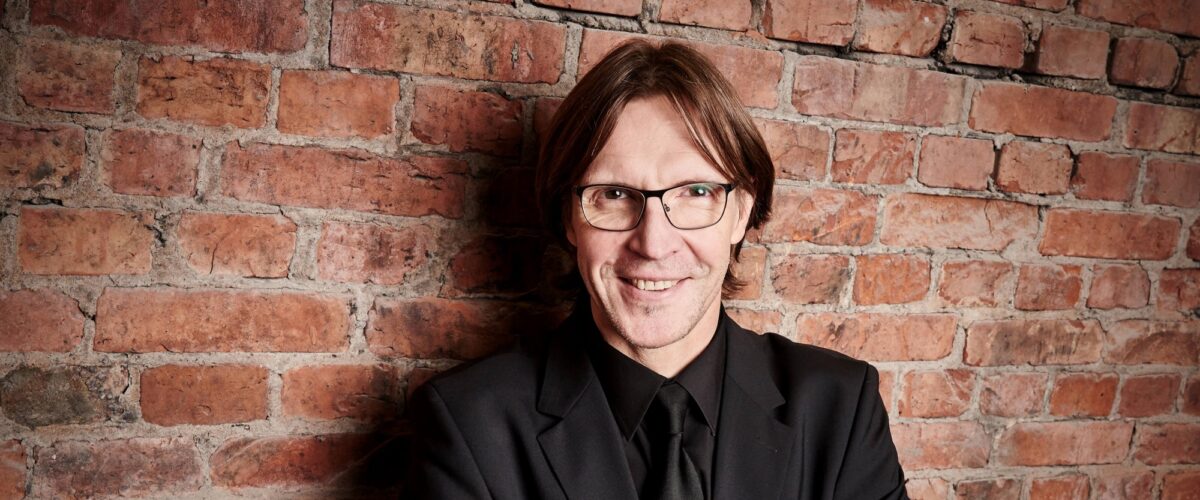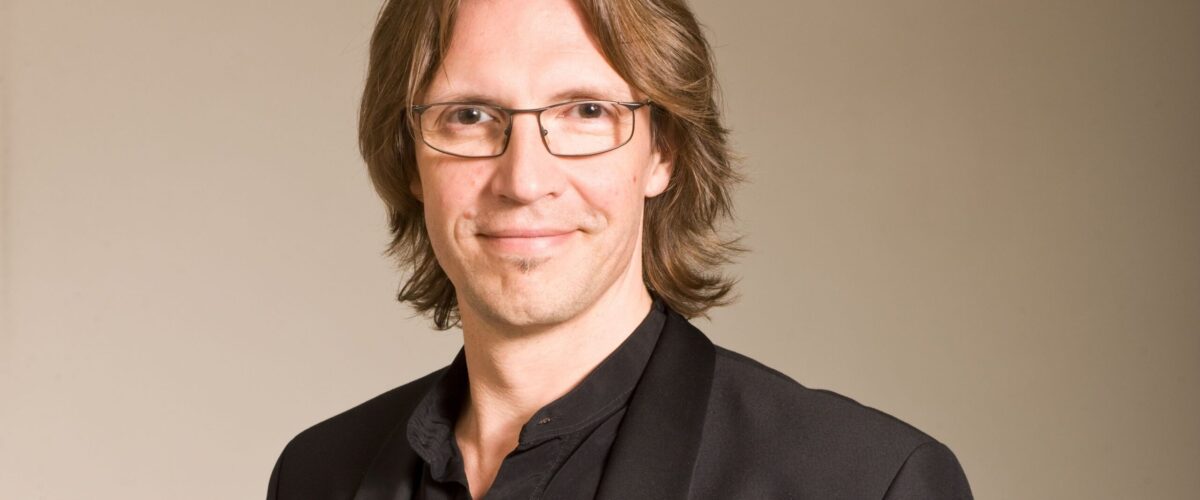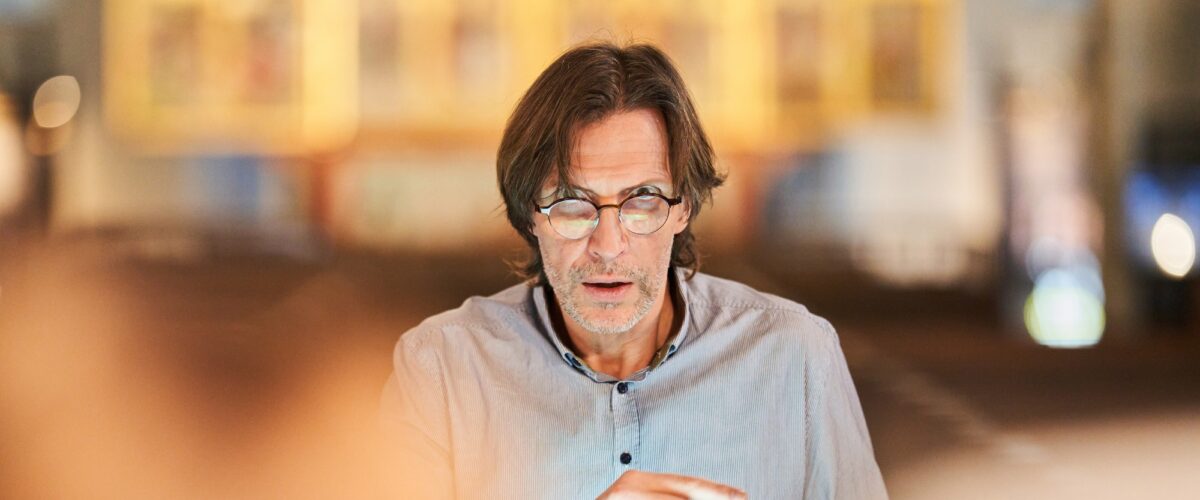TRANSCRIPT
Scofield: You perform a lot of contemporary music, and contemporary music has a reputation for being hard for a lot of members of the audience to connect with. So I understand you tell them that they need to come into the hall ready for the performance without prejudices. Could you tell me what kind of prejudices are you talking about?
Putniņš: Well, we are coming back to the question of what is essential. What do we accept at all from our meeting with an art piece? And here, I think it is very important that we are indeed having, what I call in Zen Buddhism, the beginner’s mind that you are actually open to whatever comes in front of you, and you are ready to encounter a person, or a message, or what that entity be, and just try to really dive into what it radiates, or what it is without prejudice, without immediately jumping on and analysing things and comparing and judging, but allow that, in this case, the music to be with you, and to welcome it into your own world, and also to feel welcomed to experience the world of that particular musical piece.
We can talk about it a lot in any given period of the musical history, most of the music written in that period would disappear, and probably for good reason, to be honest. But on the other hand, there is always something that particular time period brings into realization of what music is, and what music potentially could do with us, and how do we interrelate with each other using the vocabulary that the music provides. And I think it is very important that we stay open and anticipating, because otherwise we cannot possibly encounter anything new if we put the judging mind as a filter. Then it’s very difficult to actually get anything far, isn’t it? Especially with new music and with any new art form. For that matter, I think that’s very important.
Read more about Kaspars Putniņš on their OFFICIAL WEBSITE.




